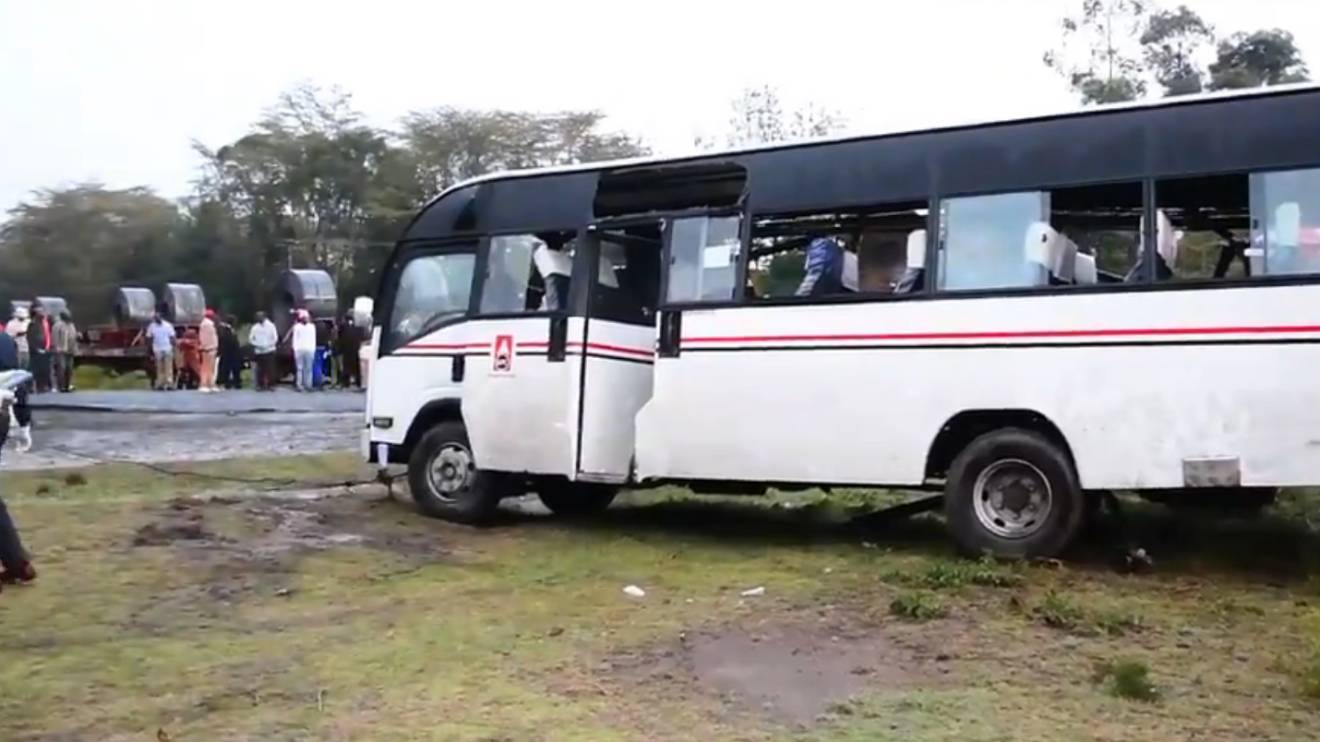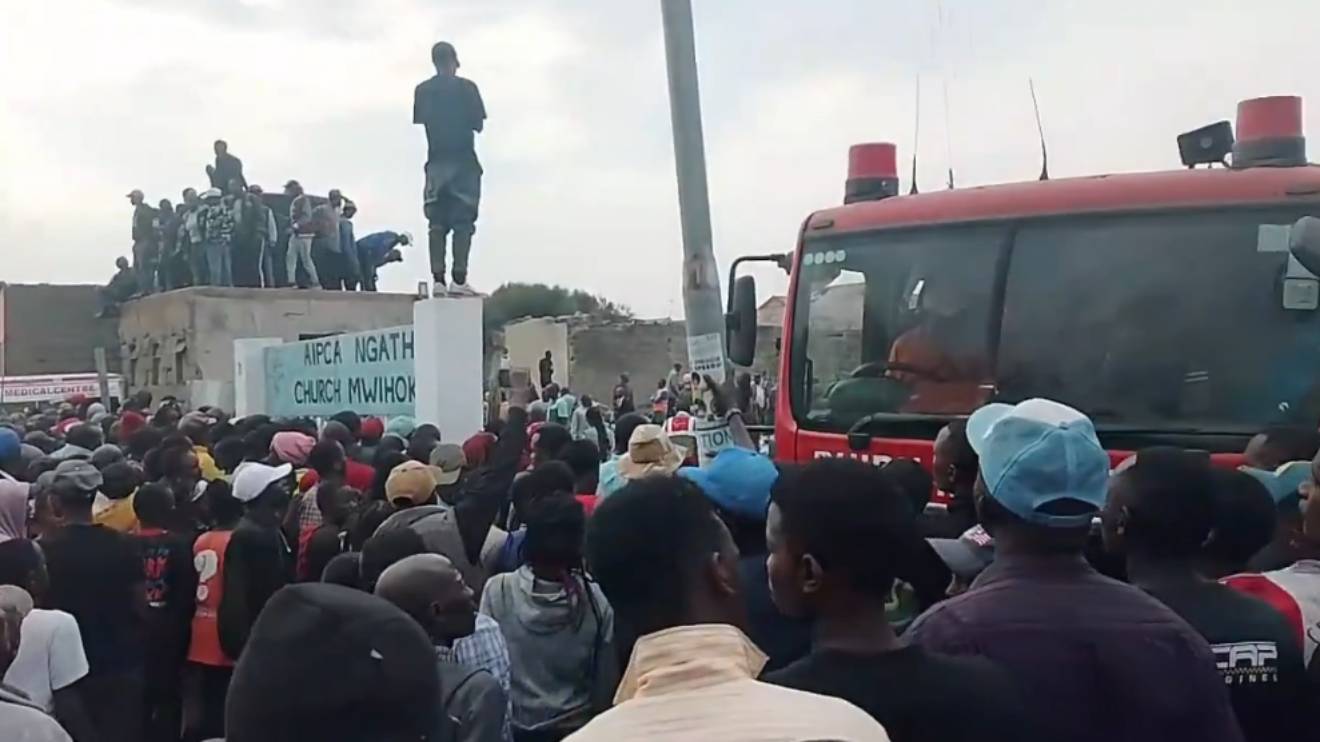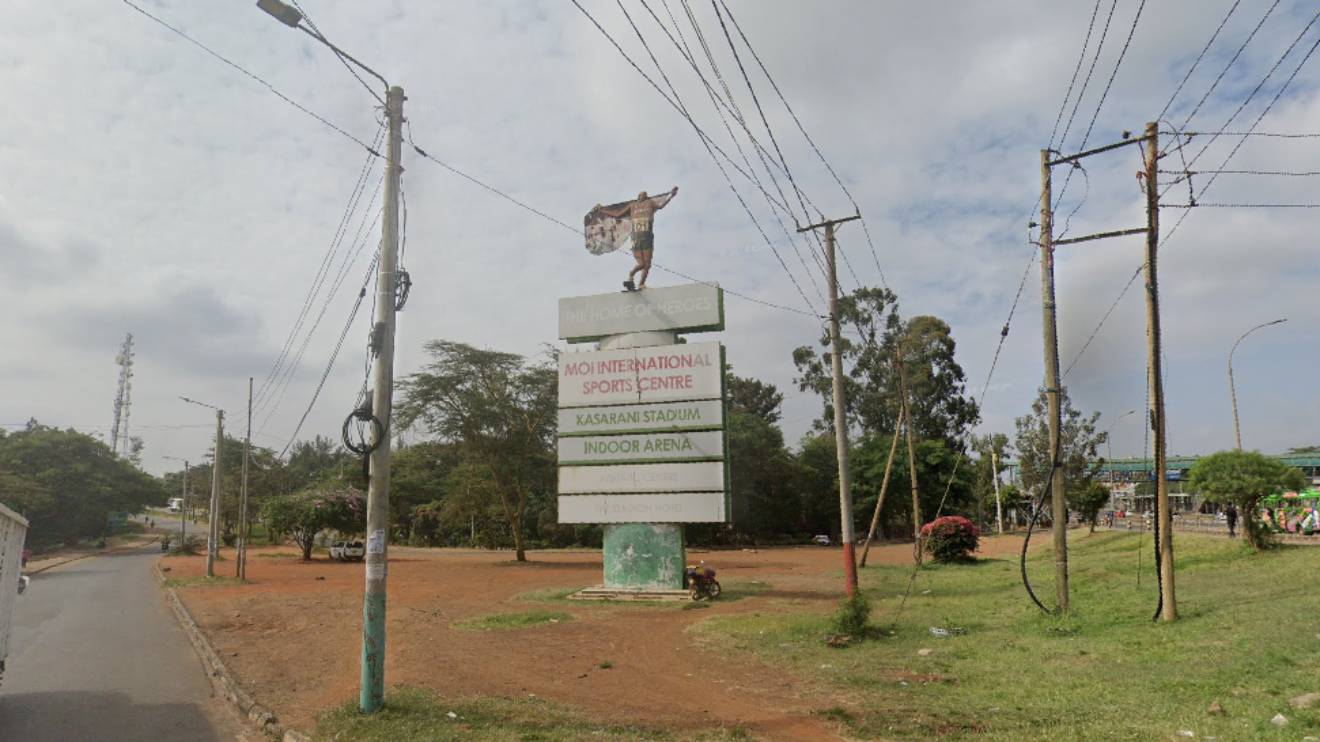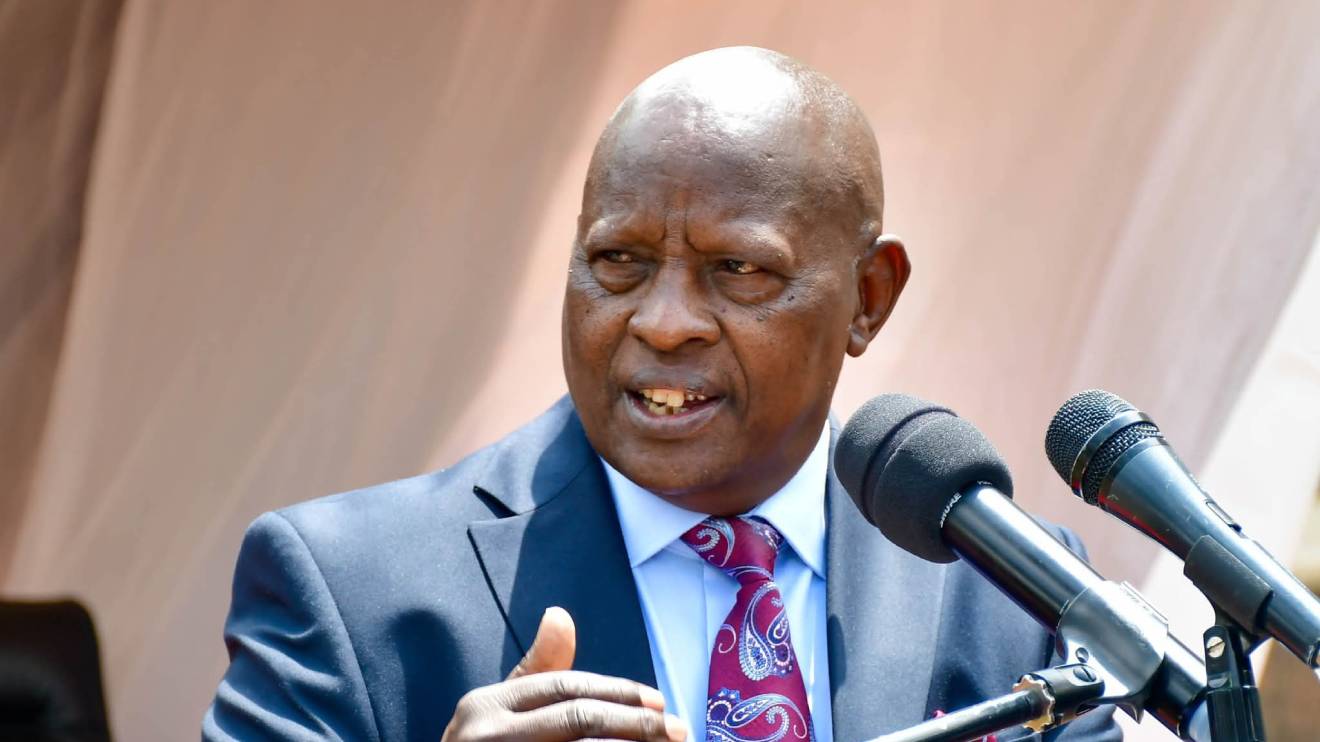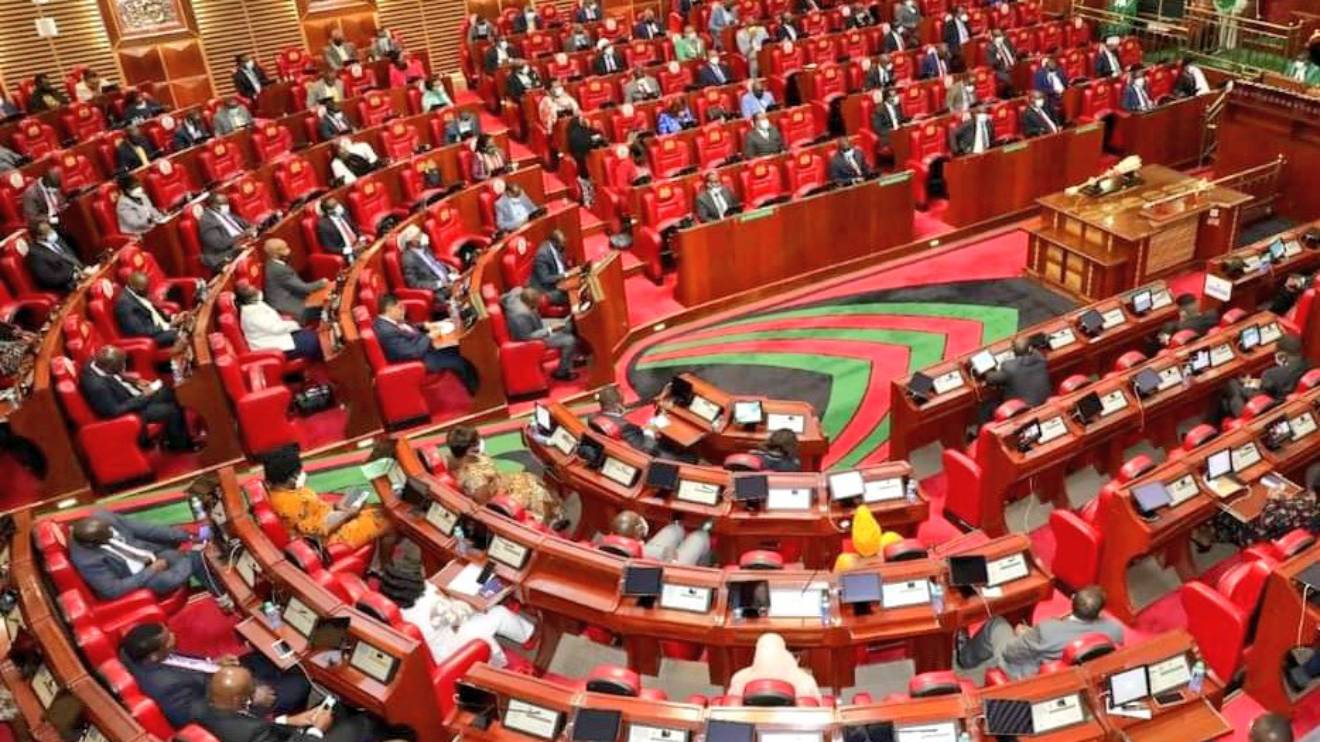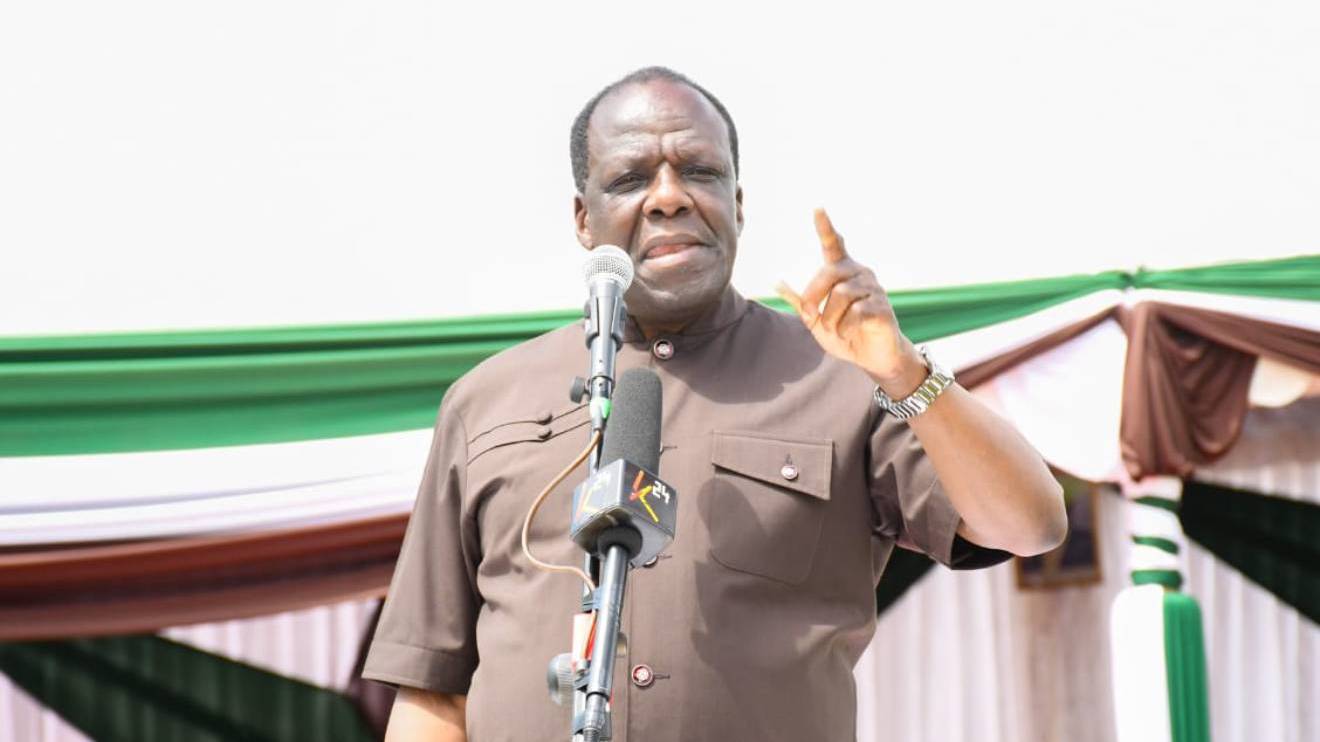The Kenyan tourism sector at the coast is facing a daunting challenge as the mass cancellation of hotel bookings and anti-government demonstrations disrupt the region's tranquil environment.
Hotels at popular tourist destinations have been compelled to reschedule plans, fearing for the safety of their guests amidst the ongoing protests.
According to officials in the tourism sector, hotels with bookings for city tours or visits to national reserves have taken precautionary measures to mitigate risks for their tourists.
Consequently, the turmoil has not only affected travel plans but has also impacted international tourism arrivals.
With a number of foreign guests diverting to neighbouring Tanzania and Zanzibar, both of which currently experience relative peace, Kenya's coastal region is witnessing a decline in tourist numbers.
Read More
Sam Ikwaye, the Chief Executive of the Kenya Association of Hotel Keepers and Caterers (KAHC) Coast, expressed concern over the negative impact of the protests on the tourism business.
He emphasized that tourism heavily relies on travel, and sustained weekly demonstrations would significantly hamper the sector's growth.
"Tourism is a business that highly depends on travel; if we have demonstrations, and we sustain them, it means that we will not enjoy attractions, including city tours," Ikwaye stated.
He further highlighted the unfortunate consequences of protests on the image of the coastal region as a favoured holiday destination for foreign tourists.
The scenes of unrest witnessed in the past weeks have prompted some international visitors to cancel their bookings due to safety concerns. This not only affects hotel revenues but also paints an unfavourable image of Kenya as a tourist-friendly destination.
Julius Owino, Chief Executive of the Kenya Coast Tourism Association, echoed the concern, noting that the region is now heavily reliant on domestic tourists, who in turn have limited spending options due to the need to stay within their resorts.
The timing of these disruptions is especially inopportune, as it coincides with the peak tourist season when the wildebeest migration is underway.
This period is crucial for the industry to recover from the adverse effects of the Covid-19 pandemic.
"We are starting our peak, remember the wildebeest migration period is with us, and now potentially this is the high season, and this is the season that we are now breaking from Covid-19 effects, compared to other years. We are anticipating to do well this year, but the numbers are not growing now," Owino stated.
According to Owino, the situation has been further exacerbated by the cancellation of Standard Gauge Railway (SGR) services from Nairobi to Mombasa on Wednesdays, coinciding with the days of demonstrations.
This has posed additional challenges for both local and international tourists looking to access the coastal region efficiently and safely.
The tourism industry, which plays a crucial role in the local economy, is at a crossroads.
Stakeholders are urging a swift resolution to the unrest to prevent long-term economic repercussions.
If left unaddressed, the prolonged impact of the protests may discourage potential visitors from exploring the region's diverse attractions, causing further distress to the already struggling sector.

-1690297313.jpg)
